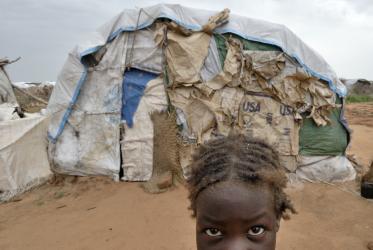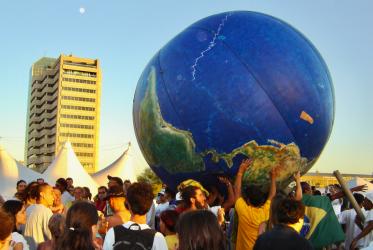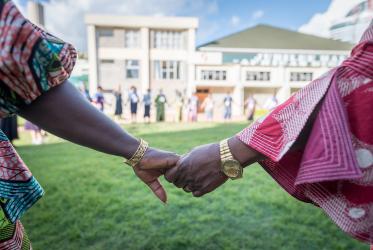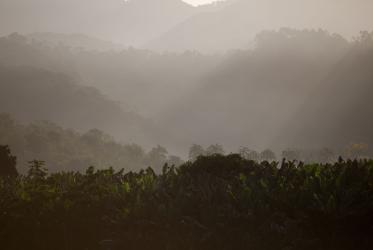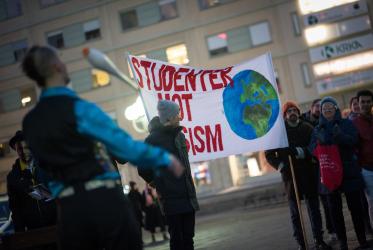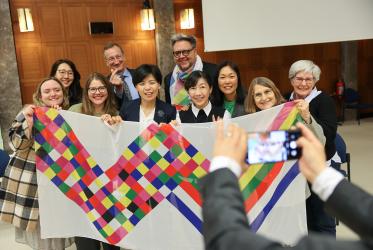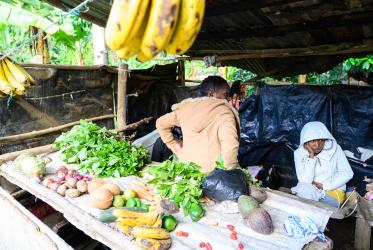Displaying 1 - 20 of 88
Voice of churches vital during UN women’s rights talks
28 March 2024
WCC webinar explores decolonizing beauty
11 December 2023
ACT Alliance general secretary: “equity is not negotiable”
26 September 2023
Celebratory event discusses Black leaders’ contributions to WCC
06 September 2023
WCC Eco-School for Europe and North America region
11 - 18 November 2023
Orthodox Academy of Crete, Greece
Webinar: International Day for the Elimination of Racial Discrimination “Obstacles, Opportunities and Strategies!”
25 April 2023
https://us02web.zoom.us/webinar/register/WN_RhjAAuPwRvqYhi3LwzciLg
HIV and AIDS Civil Society Networks and the Faith Sector
Lessons Learnt from Strategic Engagement in India, Dominican Republic, Indonesia, and Jamaica
31 January 2023
